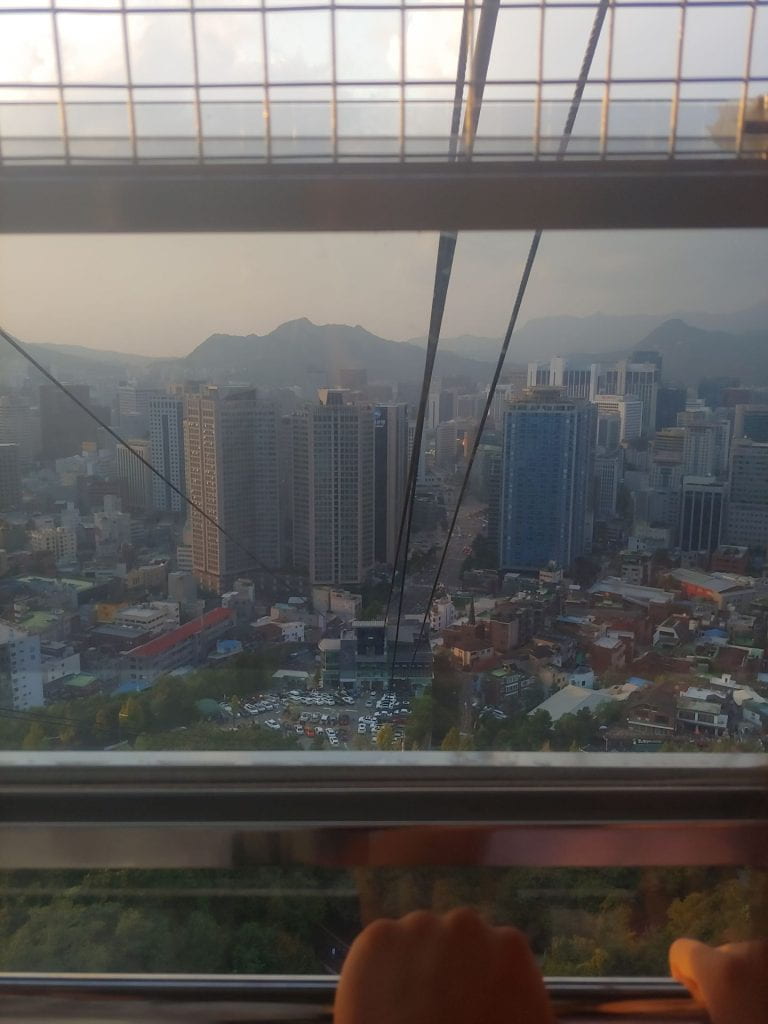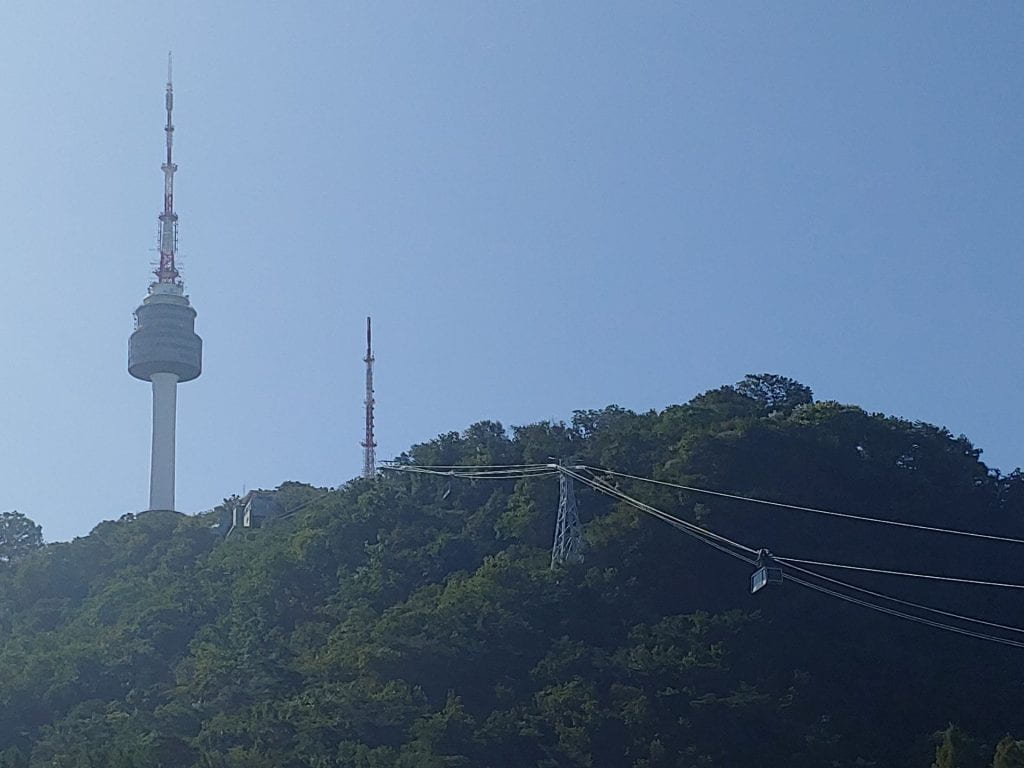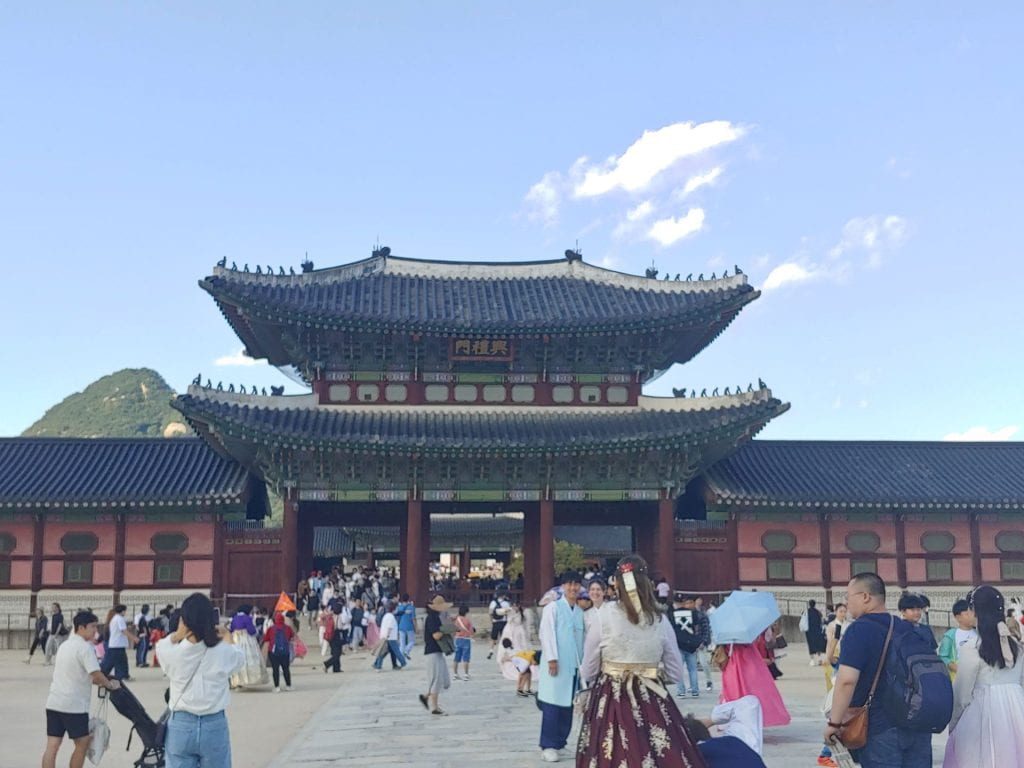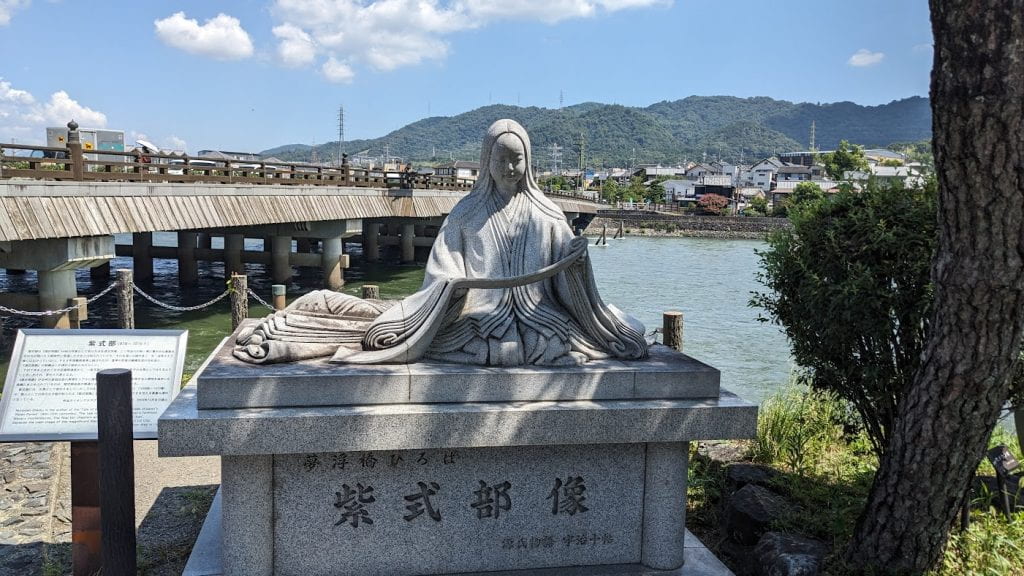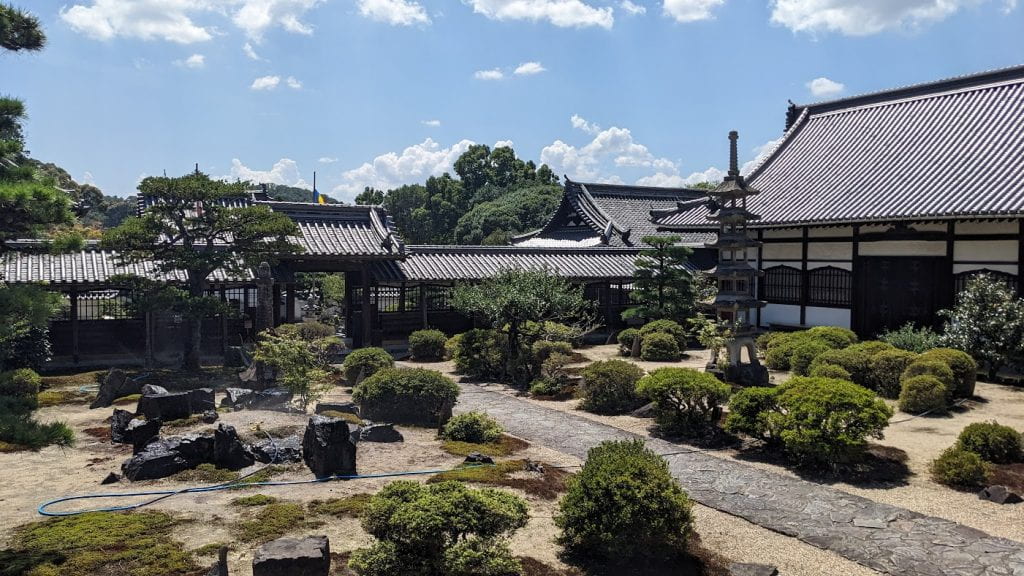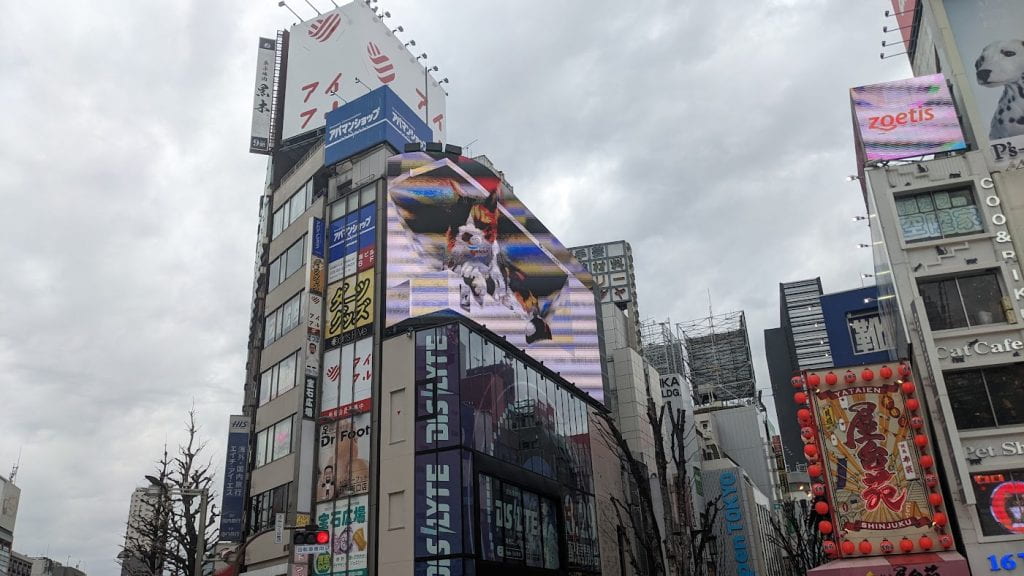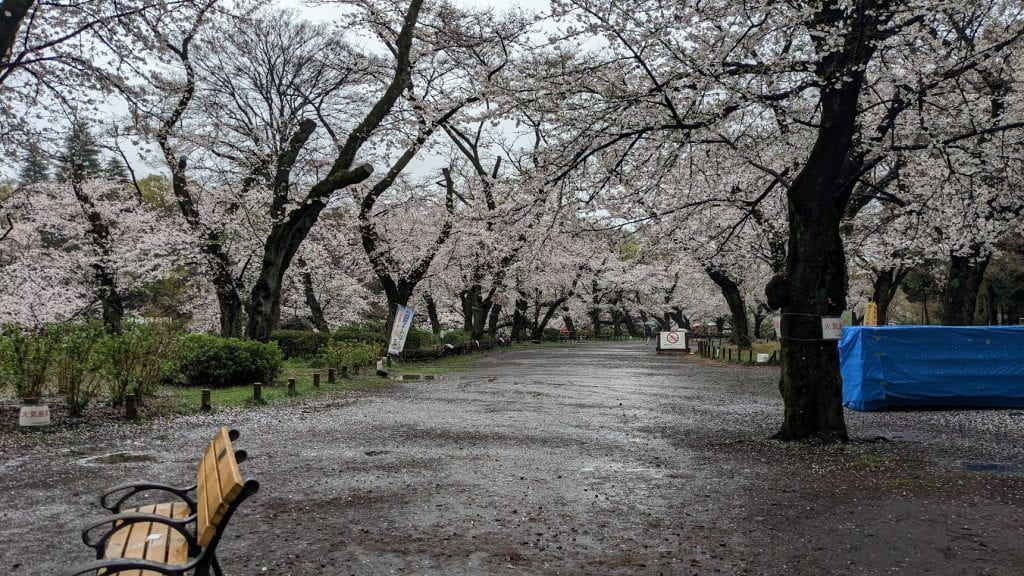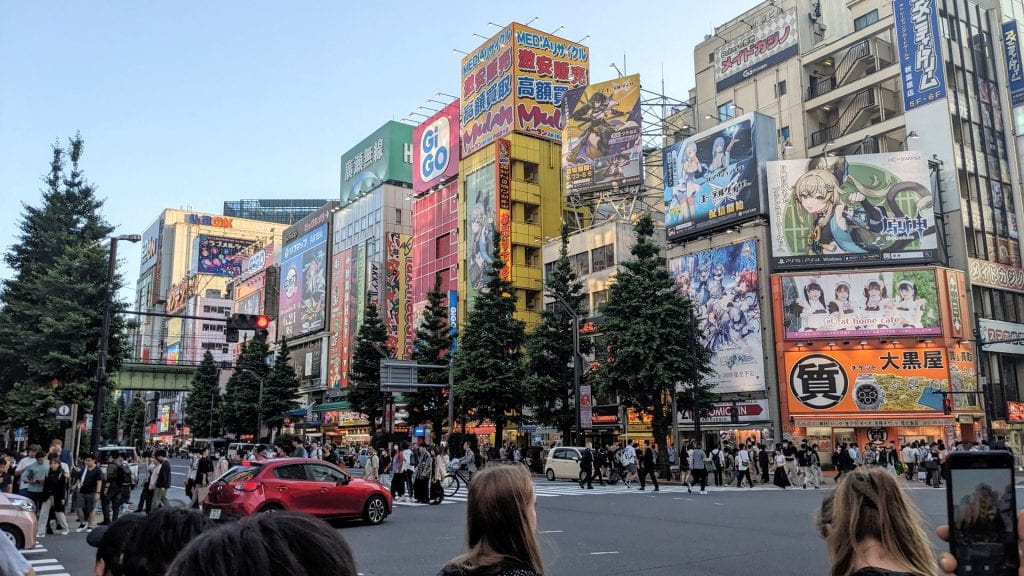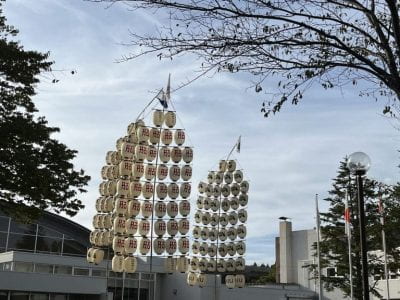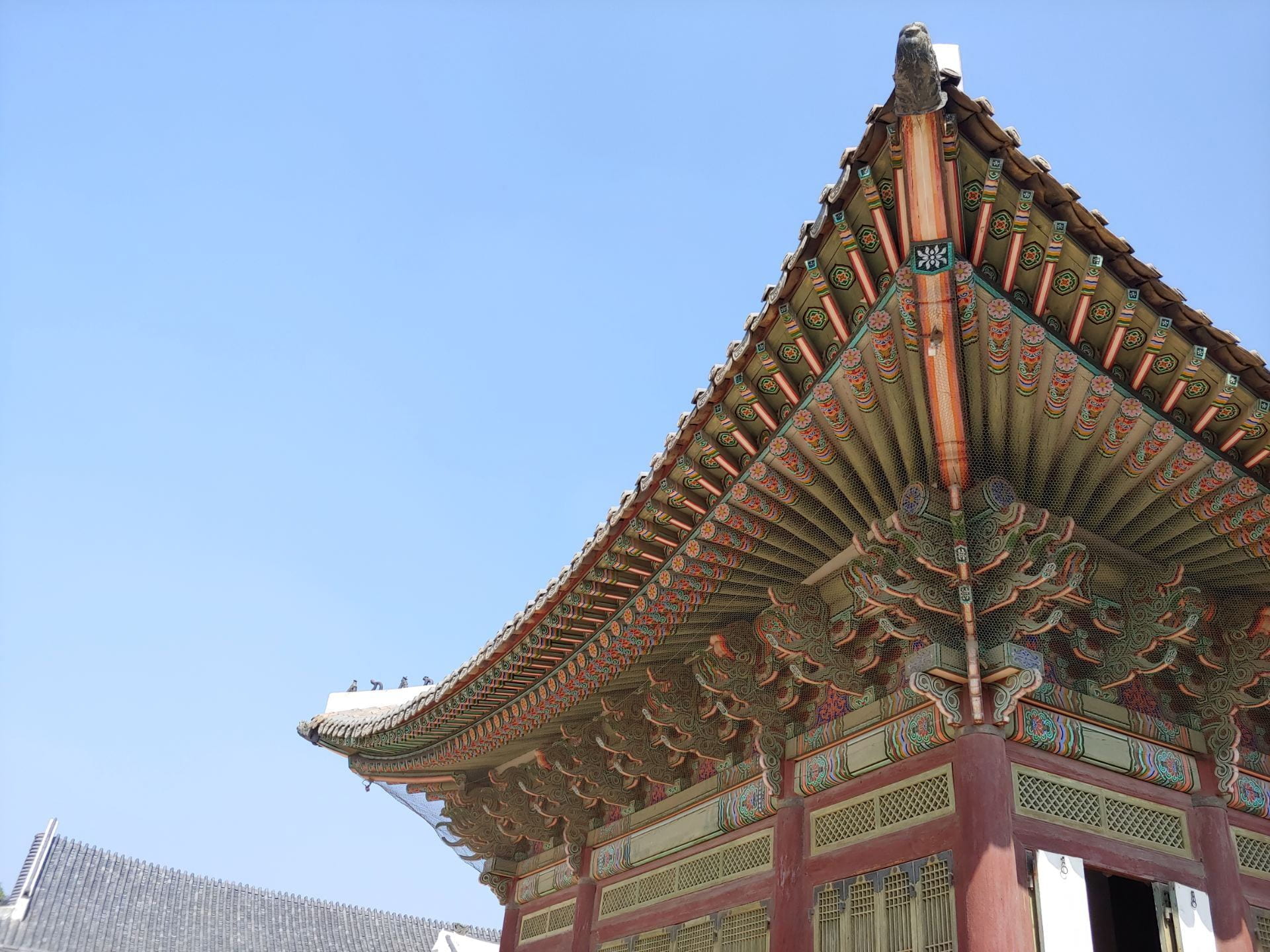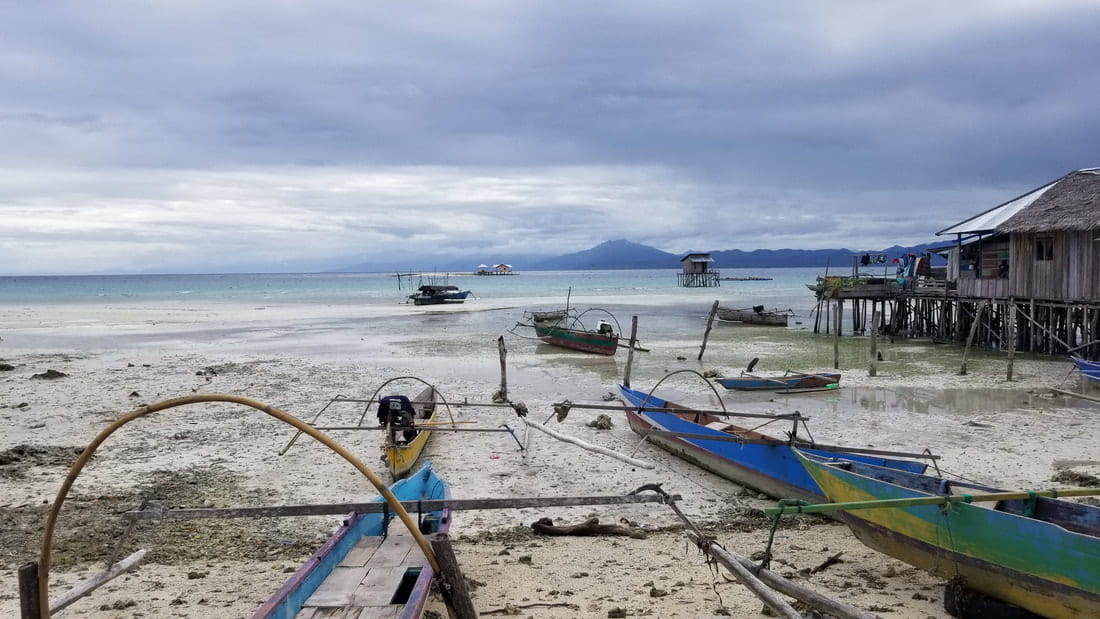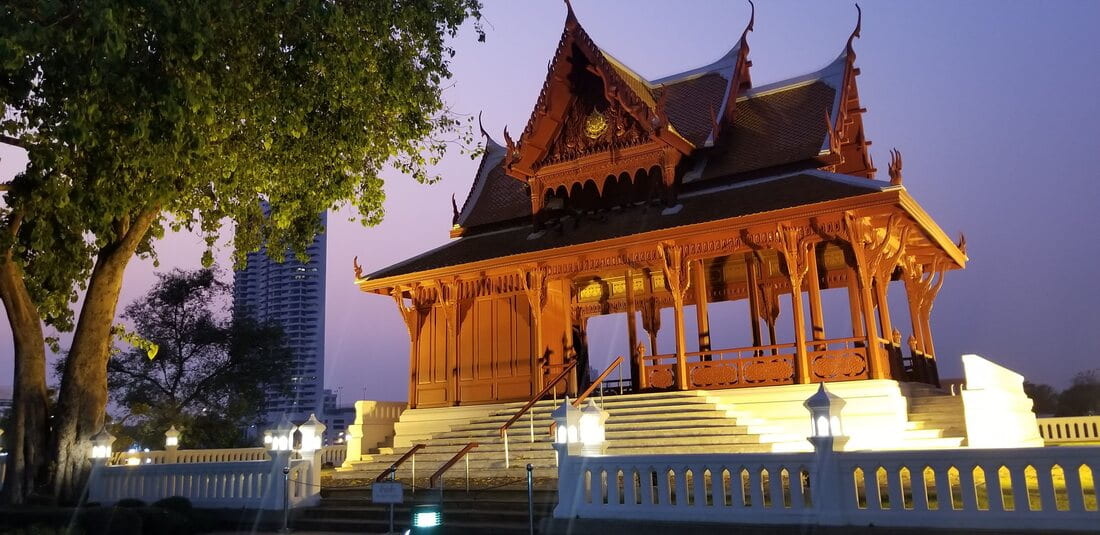Have you considered going abroad again or researching international internships and careers?
Before studying abroad, I only briefly thought about working abroad, but it was never serious. The idea of moving, even temporarily, to a place that was foreign to me seemed very stressful and honestly kind of scared me. After taking the plunge and studying abroad for a full year, I feel far more confident in myself. I explored a completely new country on my own and alongside the friends I made, flew for the first time alone (international no less), and lived in a country where the language and culture are far different from the one I came from. Now that I know what it’s like, I would absolutely love to travel abroad again, and if I get the opportunity to work abroad, that would be even better.
If you studied abroad and spent time with other US students who were also studying abroad, were you experiencing anything unanticipated related to your identity/ies?
Several of the other international students at my host university were from the US. There were students from Idaho, California, Missouri, Maine, and Texas. I believe there was one other, but I forgot to ask what state they were from. One thing that was common amongst the international students was referring to groups of students based on where they were from: the French, the Americans, the Europeans. Whenever several students of the same nationality did something, they were immediately grouped together and referred to as one. And if someone was different, they were excluded. I’ll admit that I did this myself. There was an instance where, because most of the French students preferred to keep to other French and not really interact with the other international students, the one who didn’t was referred to separately (i.e. the French were a bit standoffish except for Justine).
For myself, I am mixed ethnicity, and I found that people recognized that more abroad than they do in the US. Here, people may recognize that I am mixed, but just Caucasian and something. In South Korea, more people recognized that I was Caucasian and Asian. I don’t know if that was because I was in an Asian country and the comparison, despite not being the correct ethnicity, helped with that, it was interesting that more people realized.
This may be the first time you lived abroad as a guest in another country—a country for which you may or may not have citizenship. How did it feel to be “the foreigner”?
I don’t really have any particular feelings about being “the foreigner” other than being from the US being part of what people knew me by – I was one of the Americans. There were also instances where we would get looks because we weren’t Korean, especially by older Koreans. We even nicknamed it “the old man stare,” since a lot of the time it was elderly men taking walks that would stare as you walked past. It wasn’t annoyed though, more like staring at someone that you thought was out-of-place or just a little odd to see them there. Most people though didn’t really bat an eye and understood if we had trouble understanding something. I also understood the few who did stare, as the host university wasn’t in Seoul, where foreigners are a more common sight.
